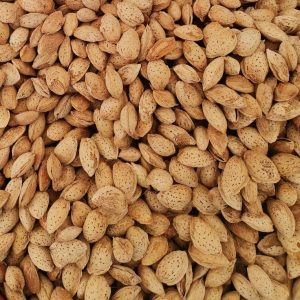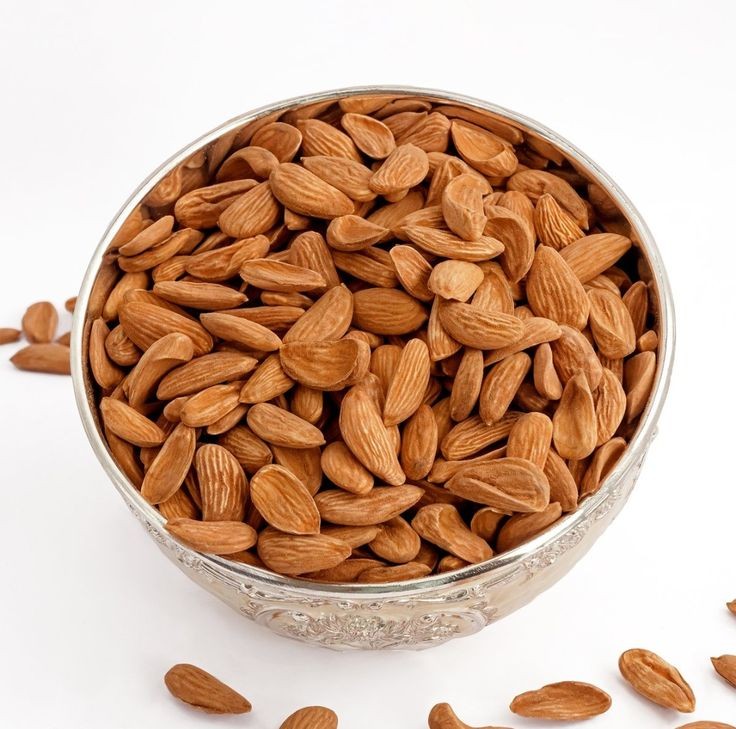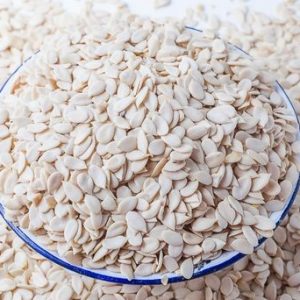Description
Specification
| Country of Origin: | Pakistan | |||
| Harvest period: | October | |||
| Color: | Brown | |||
| Packaging: | 5 kg | 10 kg | 15 kg | 25 kg |
| Purity: | 99% | |||
| Shelf life: | 24 months From the Production Date | |||
| When they are stored in a cool and dry place | ||||
Uses And Benefits Of Walnuts:
Walnuts are highly nutritious and have many health benefits, such as:
- Rich in antioxidants: Walnuts have more antioxidant activity than any other common nut. Antioxidants are substances that protect your cells from damage caused by free radicals, which are harmful molecules that can lead to diseases such as cancer, heart disease, and Alzheimer’s disease Walnuts contain vitamin E, melatonin, and plant compounds called polyphenols that have antioxidant effects.
- Super plant source of omega-3: Walnuts are the only nuts that contain significant amounts of the plant form of omega-3 fatty acids, called alpha-linolenic acid (ALA)1. ALA is an essential fat that your body cannot make and must get from your diet. ALA can help lower your cholesterol levels, blood pressure, and inflammation, which are risk factors for heart disease and stroke. ALA can also be converted into the longer-chain omega-3 fats EPA and DHA, which have additional benefits for your brain, eyes, and immune system.
- May decrease inflammation: Inflammation is a normal response of your body to injury or infection, but chronic inflammation can contribute to many diseases, such as arthritis, diabetes, and depression. Walnuts contain several compounds that can help reduce inflammation, such as polyphenols, omega-3 fats, magnesium, and the amino acid arginine. A study in healthy adults over age 60 showed that eating a walnut-rich meal reduced the levels of inflammatory markers in their blood.
- Promote a healthy gut: Your gut is home to trillions of bacteria and other microbes that affect your digestion, immunity, mood, and overall health. Walnuts can help support a healthy gut by increasing the diversity and number of beneficial bacteria in your gut. Walnuts also contain fiber, which can help prevent constipation and feed the good bacteria in your gut.
- Improve brain function: Walnuts are often called “brain food” because they have a brain-like shape and contain nutrients that can improve your cognitive function. Walnuts are rich in omega-3 fats, antioxidants, vitamin E, folate, and polyphenols that can protect your brain cells from damage and aging. Walnuts may also help improve your memory, learning, concentration, and mental flexibility.
- Walnuts can be eaten on their own as a snack or added to various dishes like salads, soups, desserts, or baked goods. They can also be used to make products like walnut oil or butter. Walnuts are a versatile ingredient that can enhance the flavor and nutrition of your meals











